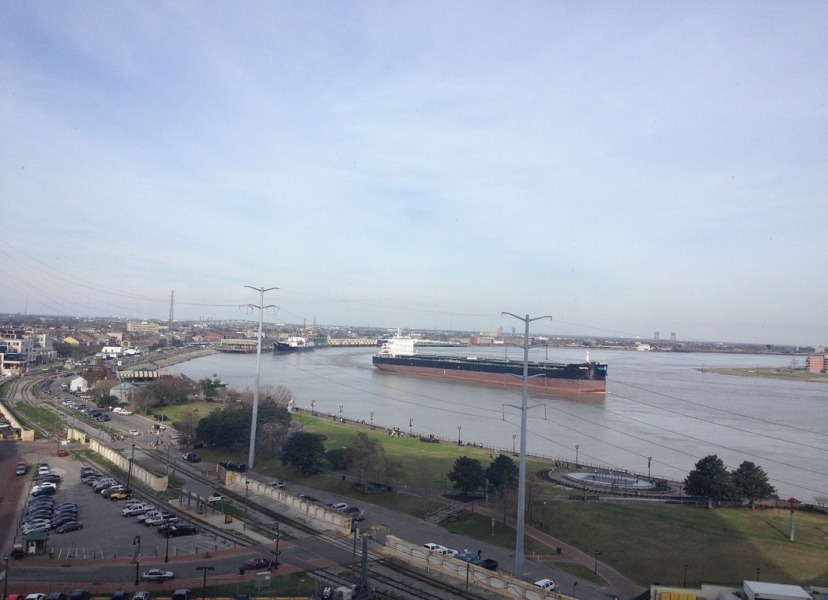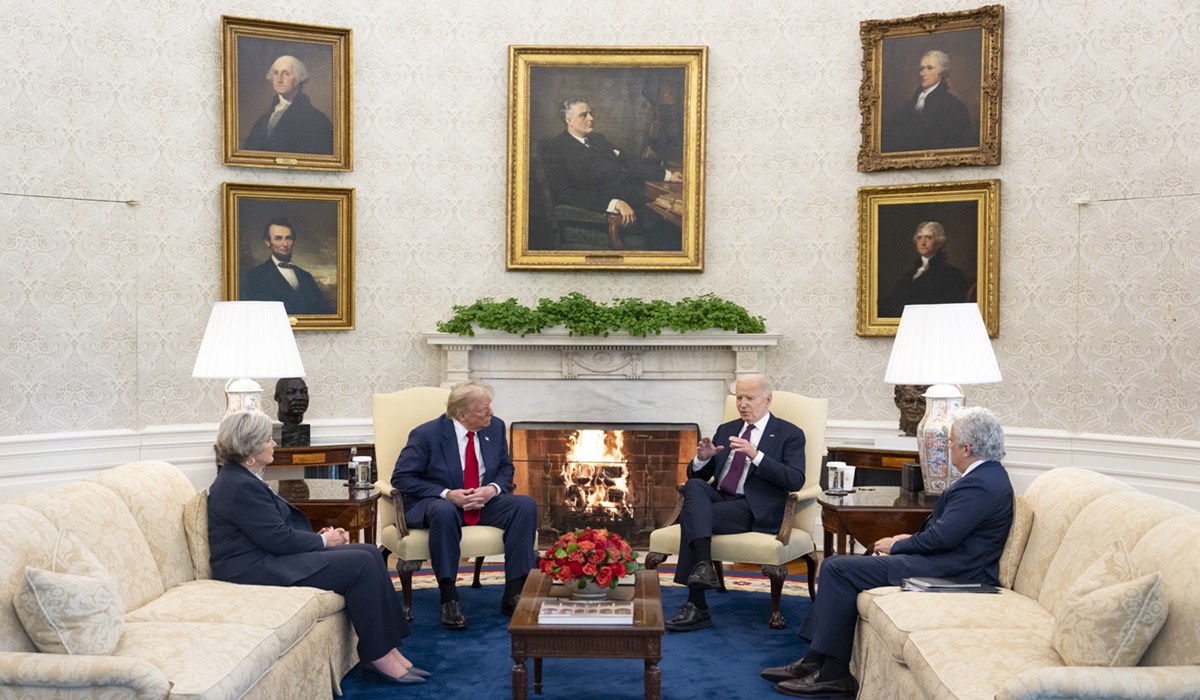The Mighty Mississippi: The Crown Jewel Of American Economic Prosperity
- TDS News
- Breaking News
- U.S.A
- July 15, 2023

The Mississippi River, often hailed as the “Father of Waters,” is the crown jewel among the waterways of the United States. Extending over a remarkable distance of approximately 2,320 miles (3,734 kilometres), from its origins in Minnesota to its delta in Louisiana, this majestic river has left an indelible mark on both the domestic and global stage.
As a vital lifeline, the Mississippi River serves as a crucial link connecting the heartland of the United States to the bustling ports along the Gulf of Mexico. A seamless pathway is forged through an extensive network of tributaries, such as the Ohio, Missouri, and Arkansas Rivers, enabling the efficient transportation of goods from the nation’s interior to international markets. This intricate web of water routes facilitated by the Mississippi River acts as an economic conduit, propelling global trade and fostering unparalleled growth.
Undoubtedly, the significance of the Mississippi River in trade cannot be overstated. It is pivotal in transporting diverse commodities, ranging from agricultural products and petroleum to coal and industrial goods. Each year, billions of dollars are transported along its waters, facilitated by barges, towboats, and other vessels. Multiple sectors, including agriculture, manufacturing, energy, and logistics, heavily rely on this invaluable waterway to ensure the cost-effective and efficient movement of goods, bolstering domestic and international trade.
Maintaining the smooth operation of the Mississippi River is of utmost importance to the U.S. economy. Any disruption in its flow, whether caused by natural disasters or infrastructure failures, could have severe repercussions on trade and overall economic activity. Beyond its impact on the United States alone, the Mississippi River holds far-reaching consequences for the global economy. Disruptions to trade along this vital artery would reverberate through complex supply chains, affecting businesses and consumers globally.
Delving into the history that has shaped the Mississippi River’s status as a national treasure, one cannot overlook its role in the iconic Louisiana Purchase of 1803. In this historic transaction orchestrated by President Thomas Jefferson, the United States acquired the vast Louisiana Territory, encompassing the invaluable Mississippi River. The purchase of approximately 828,000 square miles of land from France, at a mere $15 million (equivalent to about $332 million in today’s value), represented a monumental bargain. This acquisition doubled the size of the United States and secured unequivocal control over the Mississippi River, ushering in unprecedented opportunities for expansion and trade.
In retrospect, the Louisiana Purchase emerged as an extraordinary deal for the United States. At the time, France, under the rule of Napoleon Bonaparte, grappled with numerous challenges, including the costly Haitian Revolution and the looming spectre of war in Europe. The sale of the Louisiana Territory provided much-needed funds to alleviate France’s financial burdens. However, in the grand scheme of things, France may have underestimated the immense economic potential inherent in the lands they relinquished. Considering the subsequent role of the Mississippi River as an indispensable trade route, it is plausible that the French, in hindsight, regretted not retaining control over this invaluable waterway.








